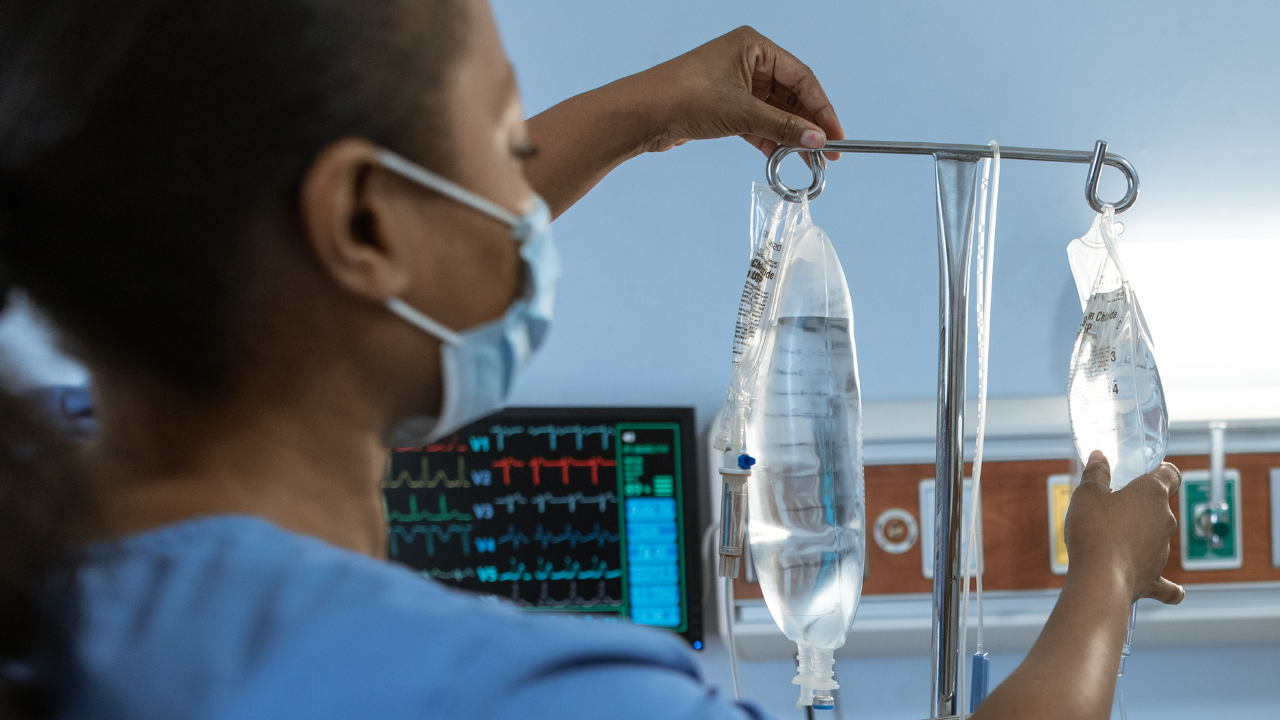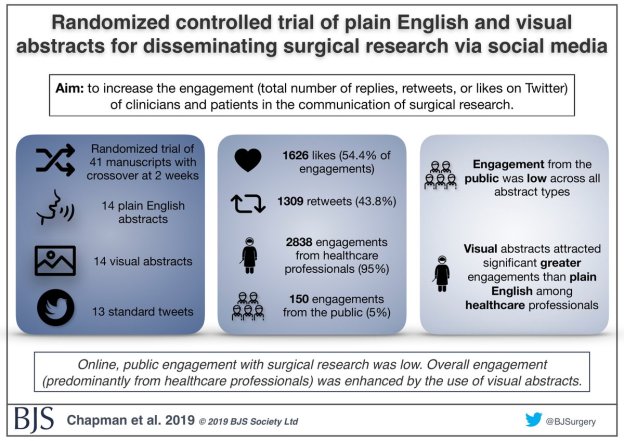BJS Academy>Cutting edge blog>Author response: Pre...
Author response: Preoperative high dose of dexamethasone in emergency laparotomy: randomized clinical trial
Mirjana Cihoric on behalf of all authors
Department of Anaesthesiology and Intensive Care Medicine, Hvidovre University Hospital, Copenhagen, Denmark
Correspondence to: Mirjana Cihoric (e-mail: mirjana.cihoric.03@regionh.dk)
Department of Anaesthesiology and Intensive Care Medicine
Hvidovre University Hospital
Kettegaard Allé 30
2650 Hvidovre
Denmark
DOI: https://doi.org/10.58974/bjss/azbc057
Related articles

Comment on: Preoperative high dose of dexamethasone in emergency laparotomy: randomized clinical trial
Bernhard Riedel1,2,3, Chad Oughton1 and Jan M. Dieleman4
1. Department of Anaesthesia, Perioperative Medicine, and Pain Medicine, Peter MacCallum Cancer Centre, Melbourne, Victoria, Australia
2. The Sir Peter MacCallum Department of Oncology, and the Department of Critical Care, University of Melbourne, Melbourne, Victoria, Australia
3. Department of Anaesthesia Teaching and Research, Monash University Melbourne, Victoria, Australia
4. Department of Anaesthesia & Perioperative Medicine, Westmead Hospital and Western Sydney University, Sydney, New South Wales, Australia
Correspondence to: Chad Oughton (chad.oughton@petermac.org)
Department of Anaesthesia
Perioperative and Pain Medicine
Peter MacCallum Cancer Centre
305 Grattan Street
Melbourne 3000
Victoria
Australia
DOI: https://doi.org/10.58974/bjss/azbc056
Dear Editor
The recent article by Cihoric et al.1 makes a substantial contribution to better understanding of the effects of high-dose dexamethasone (1 mg/kg) in emergency laparotomy surgery, specifically reporting significant reductions in inflammatory markers. The study’s secondary endpoints of decreased complications, lower 90-day mortality and improved functional outcomes are also promising.

Invited Commentary: Associations between adverse outcomes for surgical admissions and nurse understaffing – a longitudinal study
Petter Frühling, MD, PhD,1 and Patricia Tejedor, MD, PhD2
1. Hepatobiliary and Pancreatic Unit, Department of Surgery, Department of Surgical Sciences, Uppsala University Hospital, Sweden.
2. University Hospital Gregorio Marañón, Colorectal Surgery Unit, Madrid, Spain
In a recent study published in BJS, Meredith1 and co-authors present their findings of the detrimental effects of nurse understaffing and adverse events for surgical patients. This, as the authors highlight, is a critical yet often overlooked problem that extends far beyond the National Health Service (NHS) in England. Although the paper’s conclusion that ‘understaffing’ is ‘associated with increased risks of a range of adverse events’ may appear obvious, the significance of the findings relies on its universal character – that it is a global problem that requires urgent attention.
The World Health Organization (WHO) has de facto identified a global shortage of healthcare workers, particularly nurses and midwives, who represent more than 50% of the current shortfall. While the shortage of doctors may be manageable, the understaffing of nurses poses a severe threat to health outcomes. In a large observational study, that included nine European countries and data from more than 420 000 patients, published in Lancet in 2014, it was noted that each increase of one patient per nurse was associated with a 7% increase in the likelihood of a surgical patient dying within 30 days of admission2.
Two recent reports from the International Council of Nurses (ICN) further emphasise the detrimental effects of nurse understaffing on patient outcomes, and urge readers to view this as a matter of global urgency. In Sustain and Retain in 2022 and Beyond3 the authors project the need to replace up to 13 million nurses globally in the coming years, reflecting alarming rates of nurse attrition driven by stress, burnout, absenteeism, and industrial action. The ICN’s 2023 follow-up report, Recover to Rebuild – Investing in the Nursing Workforce for Health System Effectiveness , calls for a coordinated global effort to establish a sustainable nursing workforce through a long-term, ten-year plan.

Surgical research in Plain English
Randomized controlled trial of plain English and visual abstracts for disseminating surgical research via social media
BJS started with the aim of of being a medium through which surgeons “can make our voice intelligibly heard”, according to Sir Rickman Godlee, President of the Royal College of Surgeons of England in 1913.
The aim of a recently published paper in BJS was to increase the engagement (defined compositely as the total number of replies, retweets, or likes on Twitter) of clinicians and patients in the communication of surgical research – part of the core values of BJS.
Copied!
Connect

Copyright © 2025 River Valley Technologies Limited. All rights reserved.








.jpg)



